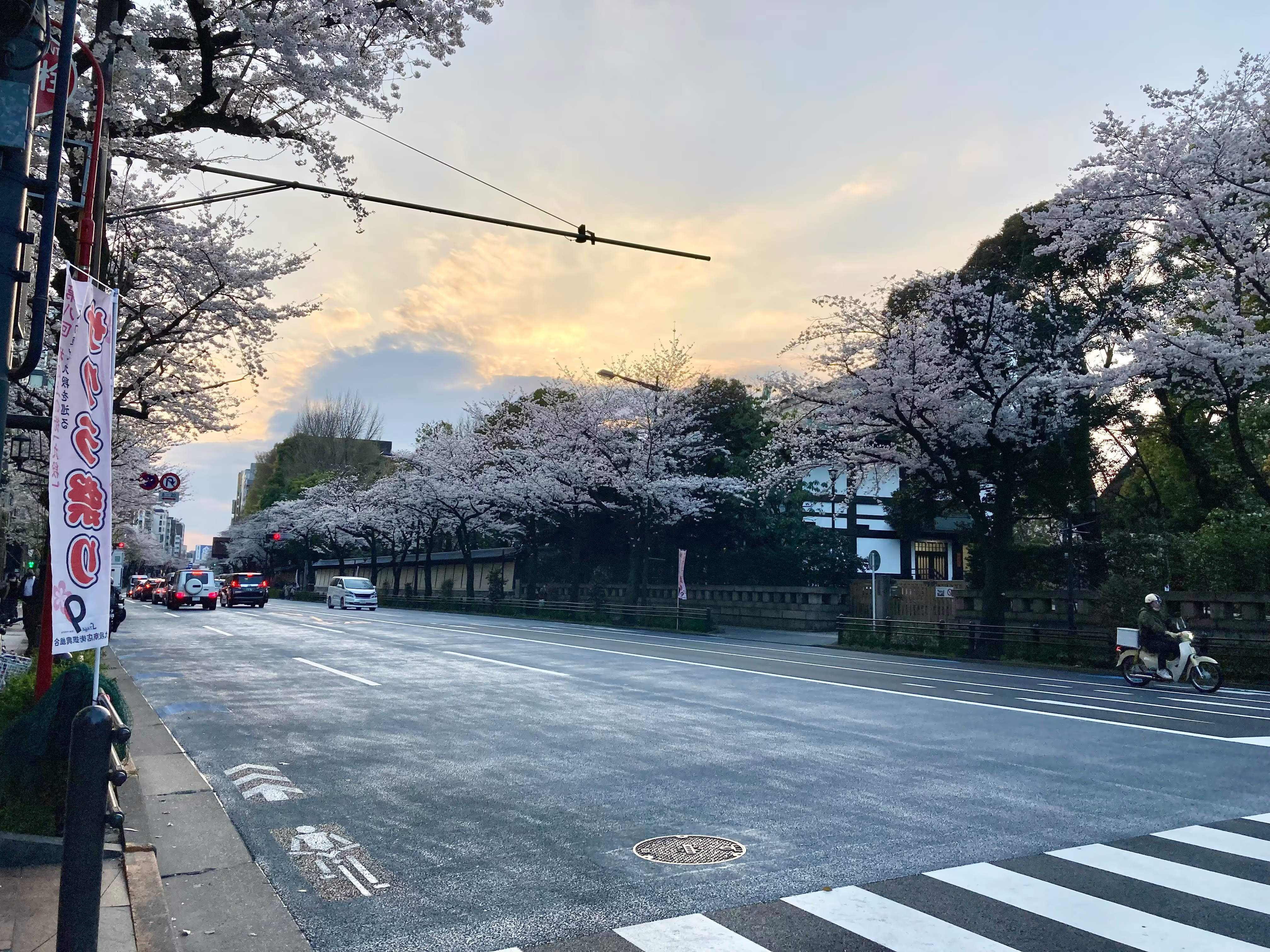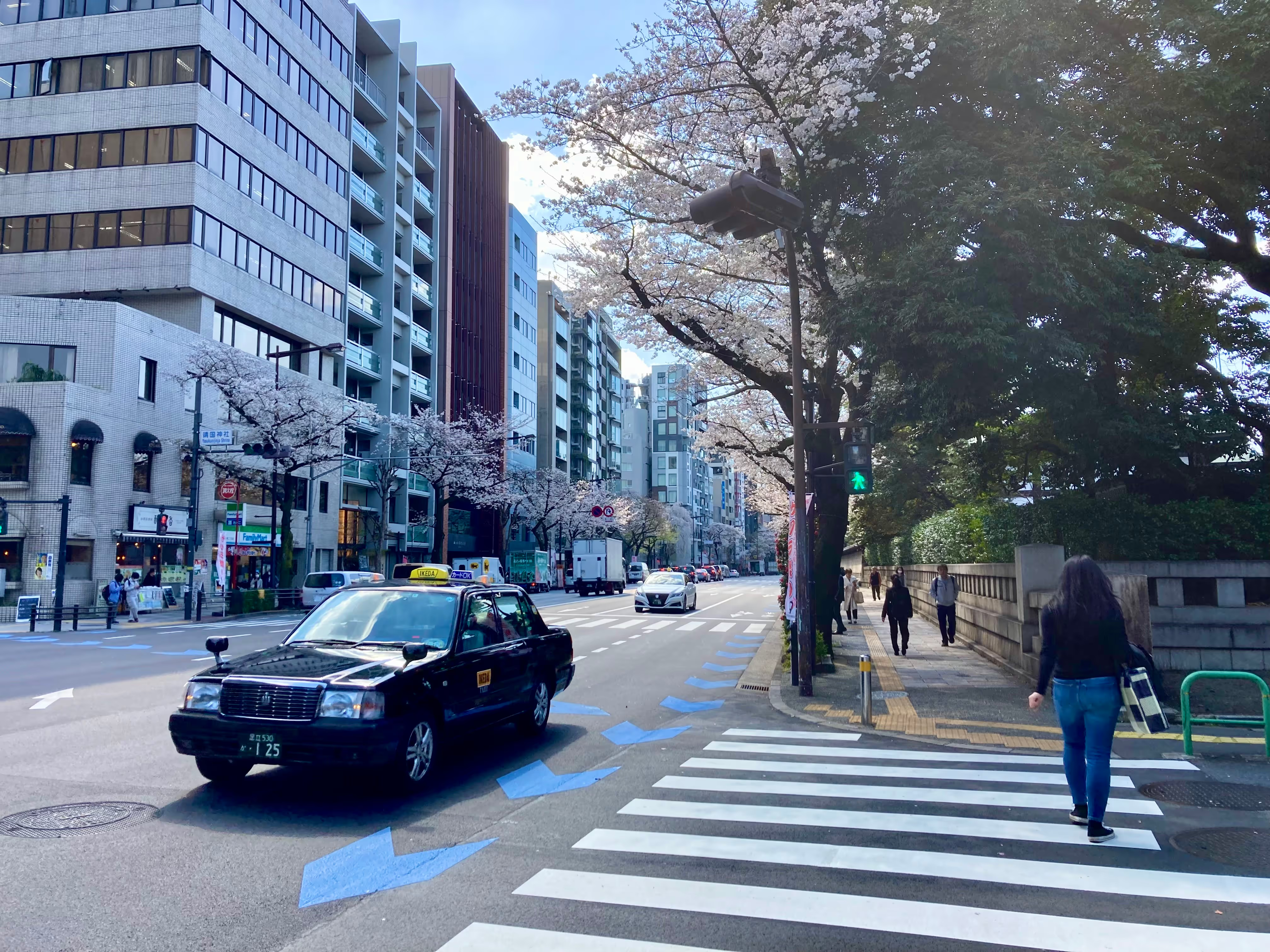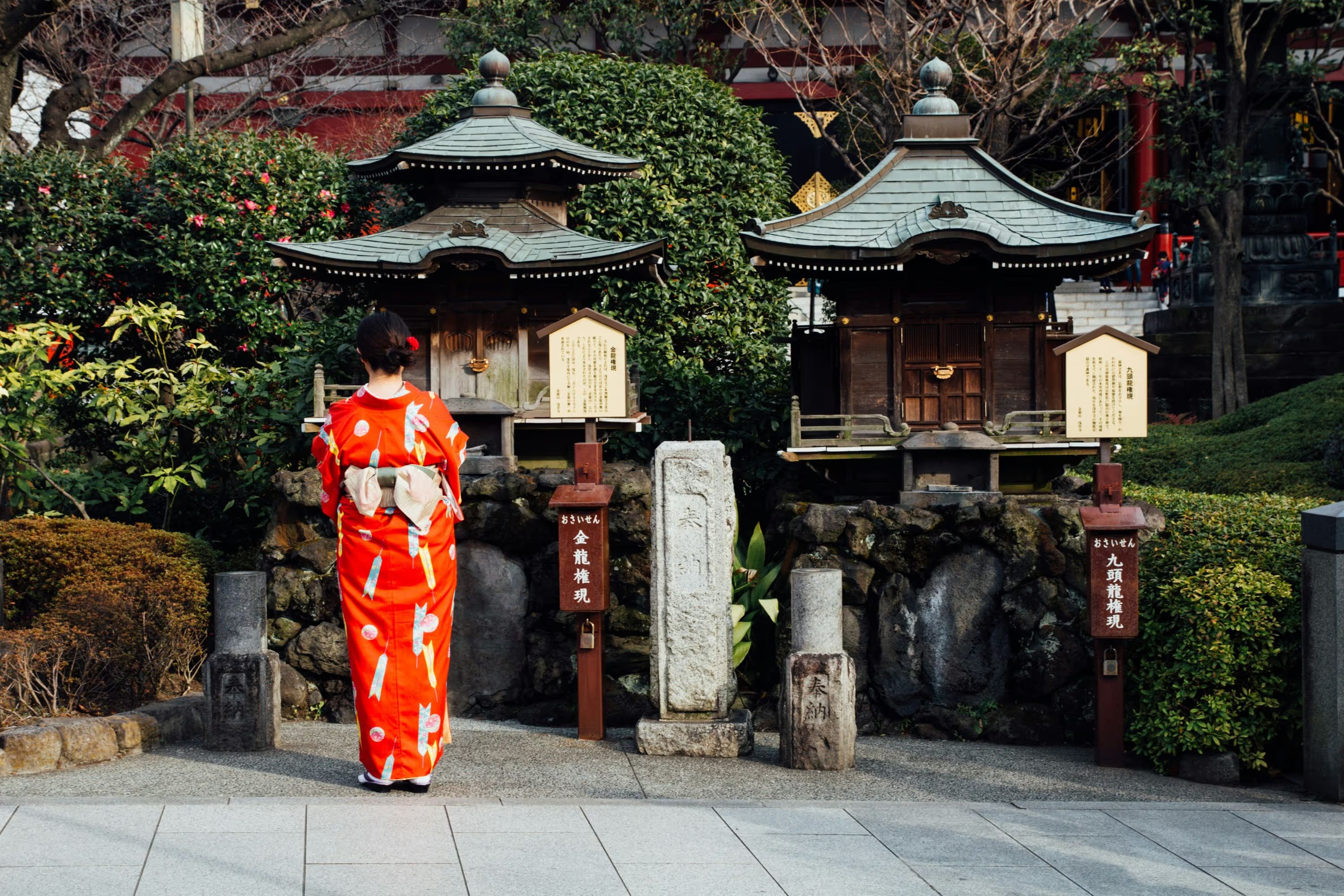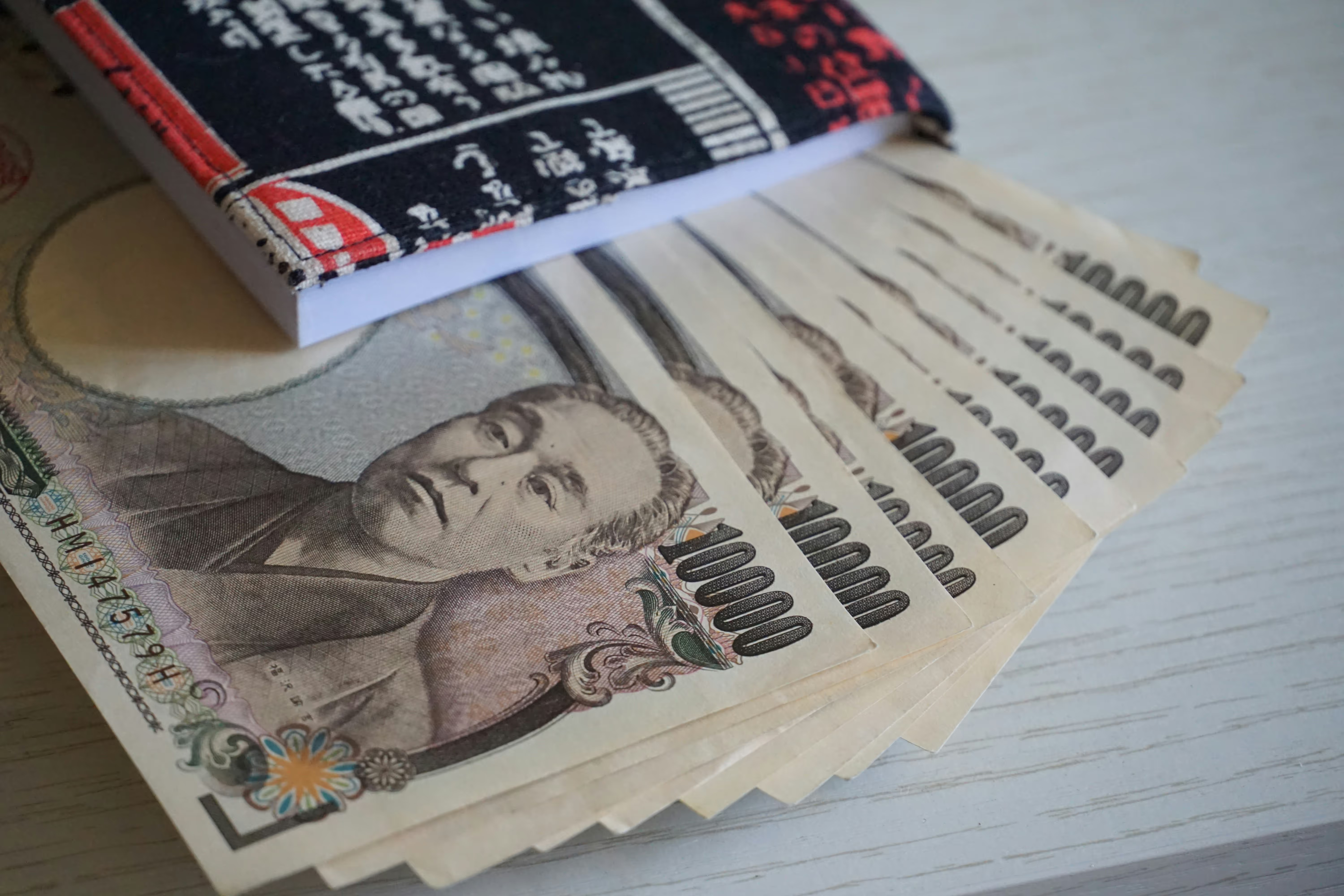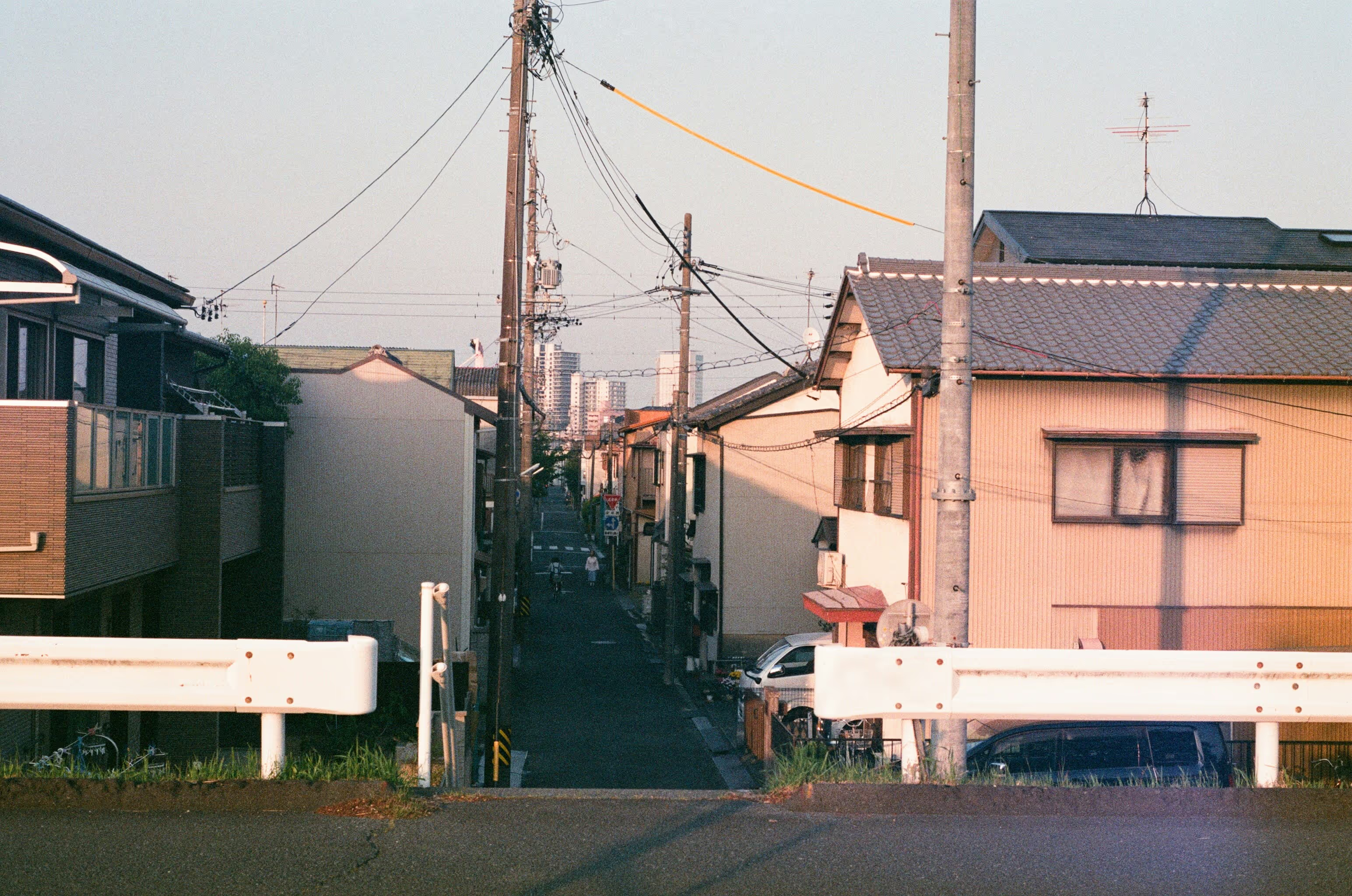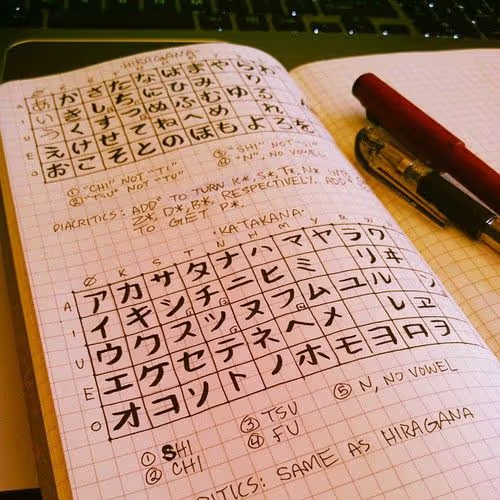While Tokyo is undoubtedly an exciting and vibrant city, there are times when you may crave a break from its hustle and bustle. Whether you're seeking a peaceful retreat or simply a change of scenery, there are plenty of nearby destinations that offer a more relaxed pace. Here are the top five day trips from Tokyo that promise a refreshing escape.
Kamakura: Step into Japan’s Rich History and Natural Beauty
Located just an hour south of Tokyo, Kamakura offers a captivating mix of history and natural beauty. Often referred to as the "Kyoto of Eastern Japan," this coastal town is home to ancient temples, shrines, and historical landmarks. Hike scenic trails through lush hills, take a peaceful stroll through the bamboo forest at Hokokuji Temple, or visit the iconic Great Buddha (Daibutsu)—one of Japan’s most famous landmarks. Kamakura is the perfect place to connect with both Japan’s cultural heritage and its serene natural landscapes.
Hakone: Escape to Tranquil Hot Springs and Scenic Mountain Views
About 90 minutes from Tokyo, Hakone is the ultimate destination for a peaceful getaway. Nestled in the mountains, this renowned hot spring resort town offers breathtaking views of Mount Fuji and tranquil Lake Ashi. Whether you're unwinding in a traditional onsen (hot spring) at a cozy ryokan (Japanese inn) or enjoying a scenic boat cruise on the lake, Hakone delivers a day of relaxation and natural beauty. If you're looking to experience Japan’s famous hot springs, Hakone is an ideal choice.
Nikko: Journey Through Culture, Nature, and Majestic Temples
Approximately two hours from Tokyo, Nikko is a must-visit for those seeking cultural heritage and natural beauty. The town is home to the Toshogu Shrine, a UNESCO World Heritage site dedicated to Tokugawa Ieyasu, the founder of the Tokugawa shogunate. Surrounded by deep forests, Nikko offers outdoor activities like hiking around the stunning Kegon Falls and peaceful Lake Chuzenji, which is especially beautiful in autumn when the foliage is vibrant. Whether you're exploring ornate temples or immersing yourself in nature, Nikko provides a serene and enriching experience.
Enoshima: Immerse Yourself in This Beautiful and Mythical Island
Just an hour from Tokyo, Enoshima is a coastal gem that blends mythology, history, and stunning scenery. The island is home to the Enoshima Shrine, dedicated to Benzaiten, the goddess of music, entertainment, and good fortune. Stroll through charming streets lined with shops offering local crafts and seafood treats. Nature lovers will enjoy a hike to the top of the island for panoramic ocean views, with Mount Fuji visible on clear days. Don’t miss the Enoshima Sea Candle, a lighthouse offering breathtaking 360-degree views of the coastline. Whether you're exploring caves, relaxing on the beach, or diving into local myths, Enoshima is the perfect coastal retreat.
Kawagoe: Discover the Charm of Old Japan
Under an hour from Tokyo, Kawagoe offers a step back in time with its well-preserved Edo-period streets. Known as "Little Edo," this charming town features historical buildings, traditional warehouses, and quaint canals. Visit the iconic Kawagoe Bell Tower, explore the merchant district, or enjoy the atmosphere of the beautiful Kita-in Temple, home to several ancient statues. With its mix of old-world charm and modern-day convenience, Kawagoe offers a unique glimpse into Japan's past while still being easily accessible from Tokyo.
These day trips from Tokyo offer something for everyone. Each destination provides a unique escape from the city’s fast pace, giving you the chance to experience a different side of Japan. No matter which adventure you choose, you'll return to Tokyo refreshed, inspired, and with memories to last a lifetime.


